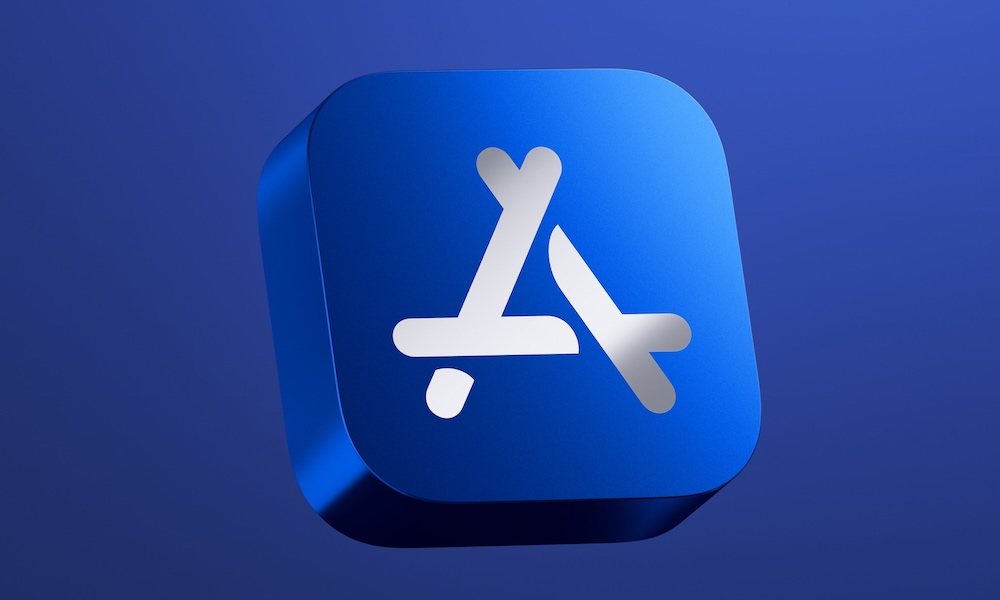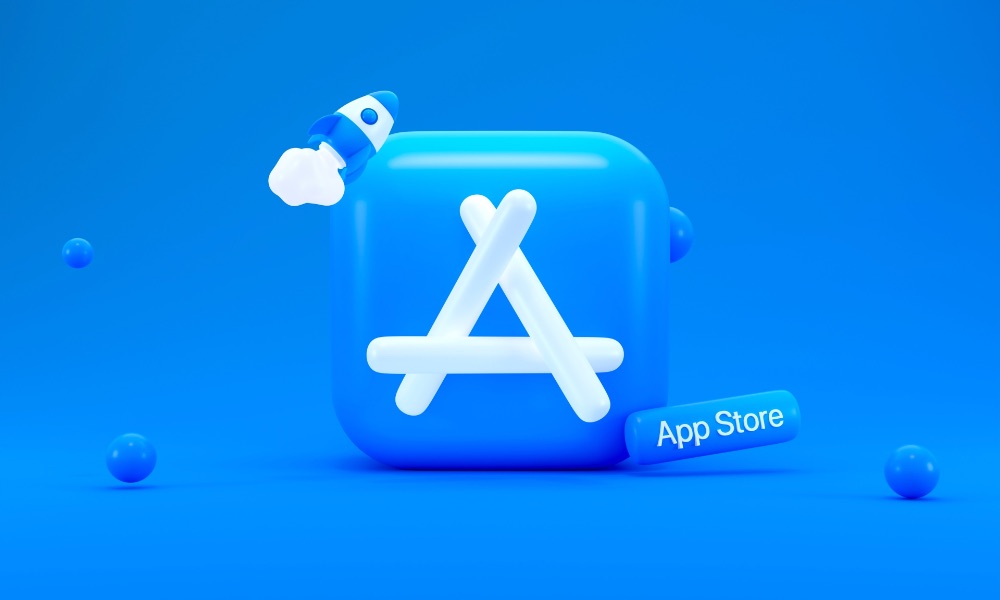What Apple’s Legal Smackdown Means for the App Store

Toggle Dark Mode
Apple found itself on the wrong side of a US court this week, receiving severe censure from Judge Yvonne Gonzalez Rogers for defying a 2021 injunction in the landmark Epic Games case.
Judge Rogers has now overseen multiple Epic Games lawsuits against Apple in an attempt to fight its tight control of the App Store. Her 2021 ruling in the initial case that stemmed from the battle over Epic bypassing in-app purchases in Fortnite mostly sided with Apple, denying 9 out of Epic’s 10 claims against the company. She declared that Epic had failed to prove Apple was a monopoly merely because of its high market share and ruled that “success is not illegal.”
However, there was one matter on which she conceded that Epic Games had a point: Apple’s controversial anti-steering rule, which prohibits developers from even mentioning that there are alternative payment methods available outside of Apple’s control. This rule has left apps like Netflix and Spotify with little choice but to give Apple a 15–30% cut of their subscription revenue or leave users looking at opaque sign-in screens that can’t even tell them they need to go to the service’s website to sign up.
It’s a silly and bizarre rule that Apple should have abandoned years ago, especially for cross-platform apps that exist outside the Apple world.
Judge Rogers agreed that this was anticompetitive conduct under California law. “Apple’s anti-steering provisions hide critical information from consumers and illegally stifle consumer choice,” she wrote in her 2021 ruling.
Sadly, that injunction took over two more years to come into force. Apple appealed Judge Rogers’ decision and convinced a higher court to stay the injunction pending the outcome of the appeal. It wasn’t until January 16, 2024, when the Supreme Court declined to hear Apple’s final appeal, that the prohibition on Apple’s anti-steering rules came into effect.
Apple’s response was to announce a new 27% commission on purchases made outside the App Store. Unwilling to give up the golden goose of its App Store commissions, Apple devised a system where developers would have to get permission (known as an “entitlement”) from Apple before they would be allowed to use buttons or links directing users to non-Apple purchasing methods.
This would let Apple track how often these links were used and charge a commission on digital purchases made directly with an app developer for up to seven days after they first linked out. Apple also expected developers to “provide transaction reports within 15 calendar days following the end of each calendar month” so It could ensure that it was getting its pound of flesh.
Even some of Apple’s biggest fans were displeased with Apple over this one. John Gruber said it “reeks of greed and avarice” and would ultimately only damage Apple’s brand and reputation and attract even more attention from antitrust regulators.
Epic Games CEO Tim Sweeney almost immediately called BS on Apple’s new policy, declaring it “malicious compliance” and launching another lawsuit to fight Apple’s latest money grab.
In the end, Judge Rogers wasn’t impressed either. “Cook chose poorly,” she wrote in this week’s ruling, in reference to the Apple CEO’s decision to go with the listen to his financial executives rather than App Store boss Phil Schiller, who had “advocated that Apple comply with the Injunction.”
To make matters far worse, Apple had decided to play FAFO with the court. The first set of hearings in the case were, in Judge Rogers’ words, an “obvious cover-up” with evidence that was “tailor-made for litigation.” She ordered the production of real-time documents and held a second set of hearings.
These culminated in Wednesday’s ruling, where Judge Rogers made it abundantly clear that she was done with Apple’s attempts to be too clever for its own good. She reissued the original 2021 injunction with even stronger language and new restrictions to ensure that Apple would no longer be permitted to “create new anticompetitive barriers.” She castigated Apple’s executives for attempting to deceive the courts and even accused one specific executive, Apple’s VP of Finance, Alex Roman, of lying under oath.
What This Means for the App Store
The 2021 injunction merely said that Apple had to allow third-party apps to place “buttons, external links, or other calls to action that direct customers to purchasing mechanisms, in addition to In-App Purchasing” and that Apple couldn’t prohibit developers from communicating other offers directly with customers their customers (something else that the anti-steering rule bizarrely prohibited).
However, Judge Rogers never ruled on Apple’s ability to collect commissions. Part of the problem was that she was dealing with the case at hand, and Epic Games was trying to argue that it should be entitled to pay no commissions. In her 2021 decision, she said that “evidence suggests Apple’s 30% rate of commission appears inflated, and is potentially anticompetitive,” but because Epic Games didn’t challenge the amount, she declined to rule on whether 30% was fair.
Apple took that loophole and ran with it. Hence, the 27% commission. This time, Epic Games did contest the amount, and Judge Rogers, obviously fed up with Apple’s shenanigans, decided that zero was indeed the right amount.
The updated injunction this week precludes Apple from “imposing any commission or any fee on purchases that consumers make outside an app” or even tracking that information, as it’s no longer any of Apple’s business what goes on between an app developer and its customers unless they choose to use Apple’s in-app purchasing system.
However, both the 2021 and 2025 injunctions stop short of requiring Apple to allow developers to roll their own in-app purchasing solutions. They’ll be able to link users out to Safari, but that’s it.
Apple responded to Judge Rogers’ ruling by saying that it will comply with the injunction, although it still disagrees with it and will be appealing the injunction. However, it didn’t waste any time modifying its rules, updating its App Review Guidelines to match the new requirements, and sending an email to developers yesterday to announce them.
Not surprisingly, the changes only affect apps “on the United States storefront,” as that’s the only place where the US Court has jurisdiction. That alone could complicate things for some developers, who still have to use Apple’s in-app purchasing system for users in other countries.
The changes are incorporated into the overall App Review guidelines, but the email to developers includes a summary of what’s been updated in the four relevant sections:
- 3.1.1: Apps on the United States storefront are not prohibited from including buttons, external links, or other calls to action when allowing users to browse NFT collections owned by others.
- 3.1.1(a): On the United States storefront, there is no prohibition on an app including buttons, external links, or other calls to action, and no entitlement is required to do so.
- 3.1.3: The prohibition on encouraging users to use a purchasing method other than in-app purchase does not apply on the United States storefront.
- 3.1.3(a): The External Link Account entitlement is not required for apps on the United States storefront to include buttons, external links, or other calls to action.
Put simply, apps distributed through the US App Store will no longer require Apple’s permission to link out to external payment methods, however those links must open in the default browser. Apple is also prohibited from using screens that might discourage users from opening these links, as it did previously. Judge Rogers’ ruling even provided an example of an appropriate screen: a simple modal “Open in Safari” warning that advised the user that they’re leaving the app and going to the developer’s website.
However, Apple hasn’t revised any of its other App Store policies to accommodate the injunction, which, as John Gruber points out, means that links must open in Safari, taking the user out of the app rather than simply presenting an in-app browser the way many do for normal web content. Apps may also still need to offer App Store-based in-app purchases that correspond to whatever they’re offering on their own website, although the prices don’t need to be the same, although it’s less clear whether Apple will enforce that.











